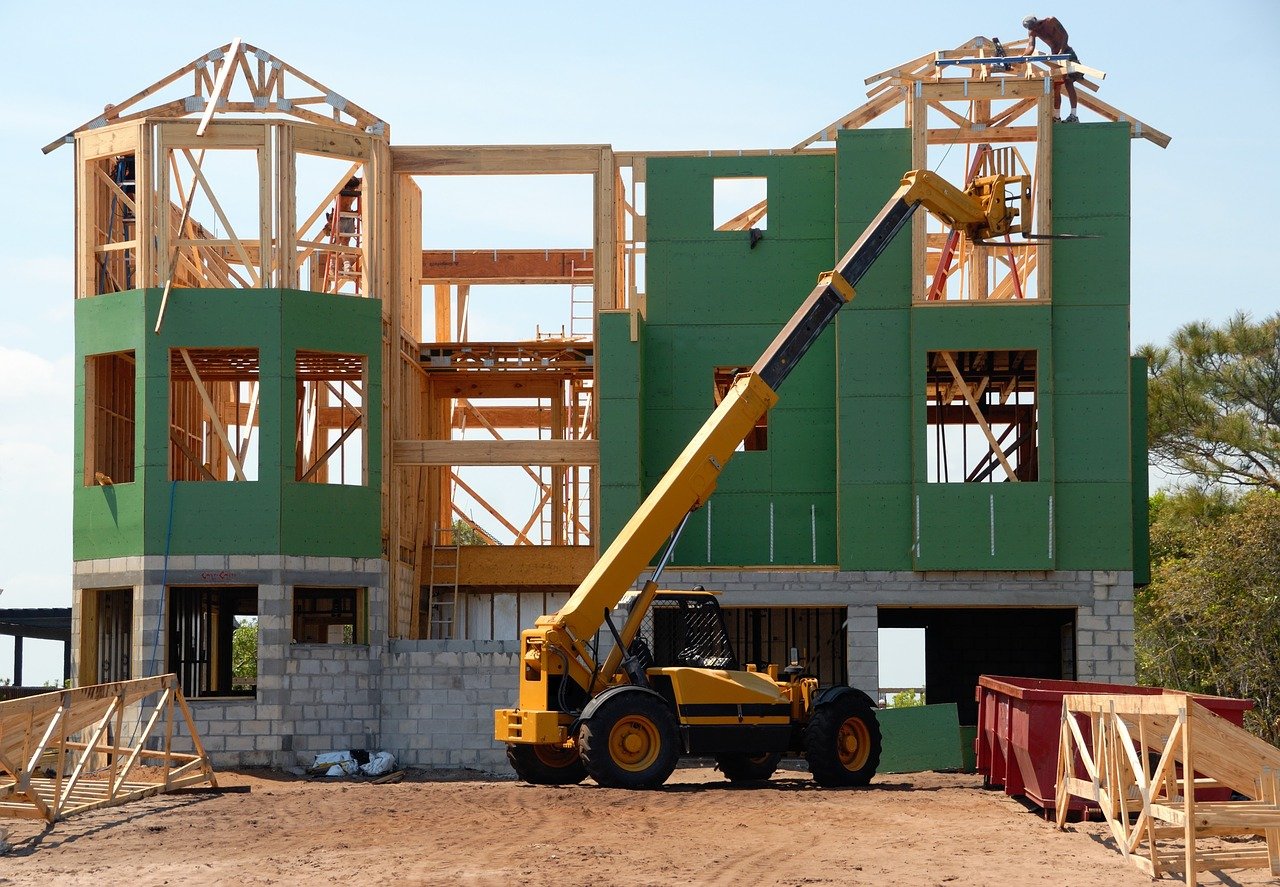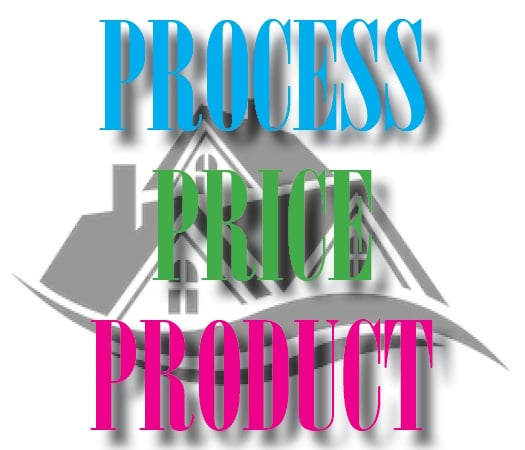How Long Does it Take to Build a Custom Home?
The two most common questions we’re asked as Connecticut custom homebuilders are: “what is this house going to cost me?” and "how long will it take to build my home?" The answer to both questions, of course, is: "It depends."
That's part of the nature of the custom home building process. Every project is unique. The short (and easy) answer is that you can probably count on the process taking between three to nine months. But let’s take a look at some of the things that can impact how long it takes to build a custom home.
Size Really Does Matter
It’s probably stating the obvious, but the size of a home can influence how long it takes to build the house. Larger homes require more materials and labor to build. Nonetheless, once you decide on your floor plan an experienced builder should be able to provide you with a pretty accurate schedule. That alone is one reason it’s important to build with an experienced builder.
The Level of Customization
All homes begin with a floor plan. For instance, at Sunwood we offer 20 different floor plans from which to choose. But the beauty of a custom home is that it is tailored to your specific desires and needs. How much you change the basic floor plan can affect the amount of time required to complete the home. If a change to the original plan involves complex design and construction (for instance, unusual angles or ultra-customized features), it’s going to take longer.
Required Pre-Construction Work
Not all lots are created equal. Some lots require extra excavation before the foundation can even be poured. If the lot you purchase needs an unusual amount of excavation before construction begins (due to slope or hidden obstacles), that can cause a delay in the starting of construction—and add to the time required to complete your home.
Related: Should I Build or Remodel?
Material Shortages
There are times when builders run into materials shortages. Generally, your builder will be aware of this before construction begins. Interestingly, in a recent summary of the 2018 Cost vs Value Report, Editor-in-Chief, Craig Webb talked about how the hurricanes and fires we experienced this last year have impacted the availability of building materials (and pricing)—even in areas not directly affected by those events.
Homeowner Involvement
Don’t get me wrong—we love to have homeowners involved in the process. After all, it’s your home! But sometimes homeowners aren’t aware of how their interactions can impact the building schedule. Here’s a brief look at a couple of areas where that happens.
Financing: It’s a good idea to have your financing in place before you start the home building process. Don't let a delay in financing push your schedule back. Besides, knowing exactly what kind of loan you qualify for can help you select the right plan.Finish Choices: With a custom home, you'll get to choose the finishes you want for flooring, cabinets, countertops, and more. If you don't make those choices in a timely manner, it can cause delays. Related to that, if you choose unusual or exotic materials they may be harder to get or take longer to deliver.
Changes: Making some changes to your original plan is part of building a new home. Making excessive changes, however, can really derail the schedule. This doesn’t mean you should never make changes. In fact, here’s a post that talks about how changes and adding options is sometimes the smart thing to do. But it’s important to understand that these choices can have an impact on your schedule.
How long will it take to build your custom home? That depends. If you’re working with a reliable and seasoned builder, he or she will be able to give you a pretty accurate idea of how long things will take. But the elements described above need to be factored into the equation. Some of them are out of your control, but there are places where, as the homeowner, you can expedite the process.








